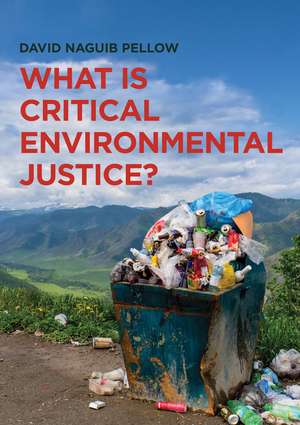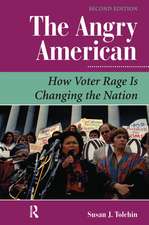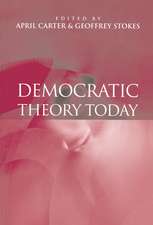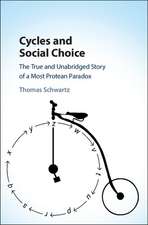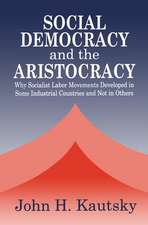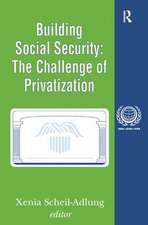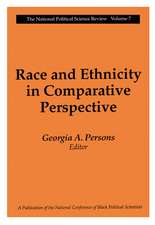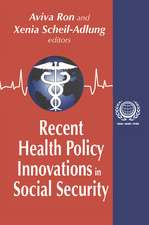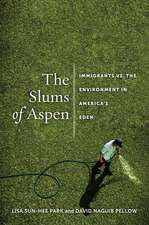What is Critical Environmental Justice?
Autor D Pellowen Limba Engleză Hardback – 2 noi 2017
| Toate formatele și edițiile | Preț | Express |
|---|---|---|
| Paperback (1) | 156.47 lei 3-5 săpt. | |
| Polity Press – 2 noi 2017 | 156.47 lei 3-5 săpt. | |
| Hardback (1) | 437.42 lei 6-8 săpt. | |
| Polity Press – 2 noi 2017 | 437.42 lei 6-8 săpt. |
Preț: 437.42 lei
Nou
Puncte Express: 656
Preț estimativ în valută:
83.71€ • 87.07$ • 69.11£
83.71€ • 87.07$ • 69.11£
Carte tipărită la comandă
Livrare economică 15-29 aprilie
Preluare comenzi: 021 569.72.76
Specificații
ISBN-13: 9780745679372
ISBN-10: 0745679374
Pagini: 200
Dimensiuni: 154 x 217 x 23 mm
Greutate: 0.45 kg
Editura: Polity Press
Locul publicării:Chichester, United Kingdom
ISBN-10: 0745679374
Pagini: 200
Dimensiuni: 154 x 217 x 23 mm
Greutate: 0.45 kg
Editura: Polity Press
Locul publicării:Chichester, United Kingdom
Public țintă
students and scholars of social movements, environmental studies, and related topicsCuprins
Notă biografică
David Naguib Pellow is Dehlsen Professor of Environmental Studies at the University of California, Santa Barbara.
Descriere
Human societies have always been deeply interconnected with our ecosystems, but today those relationships are witnessing greater frictions, tensions, and harms than ever before. These harms mirror those experienced by marginalized groups across the planet.
